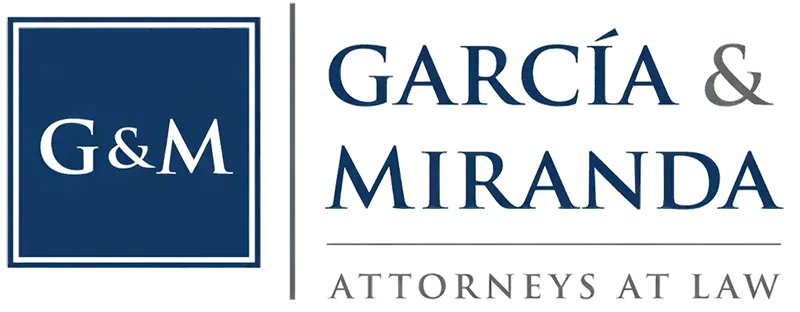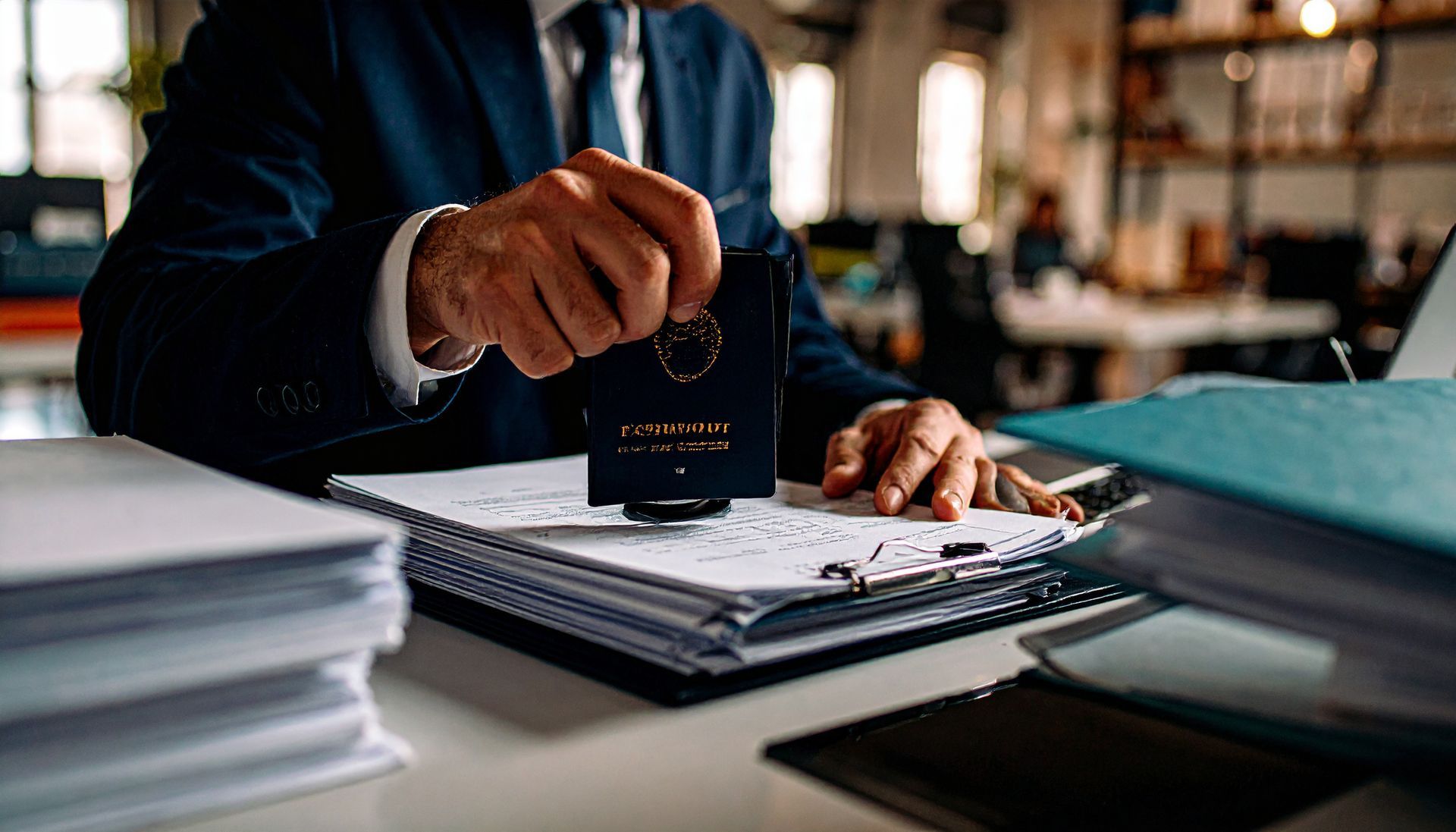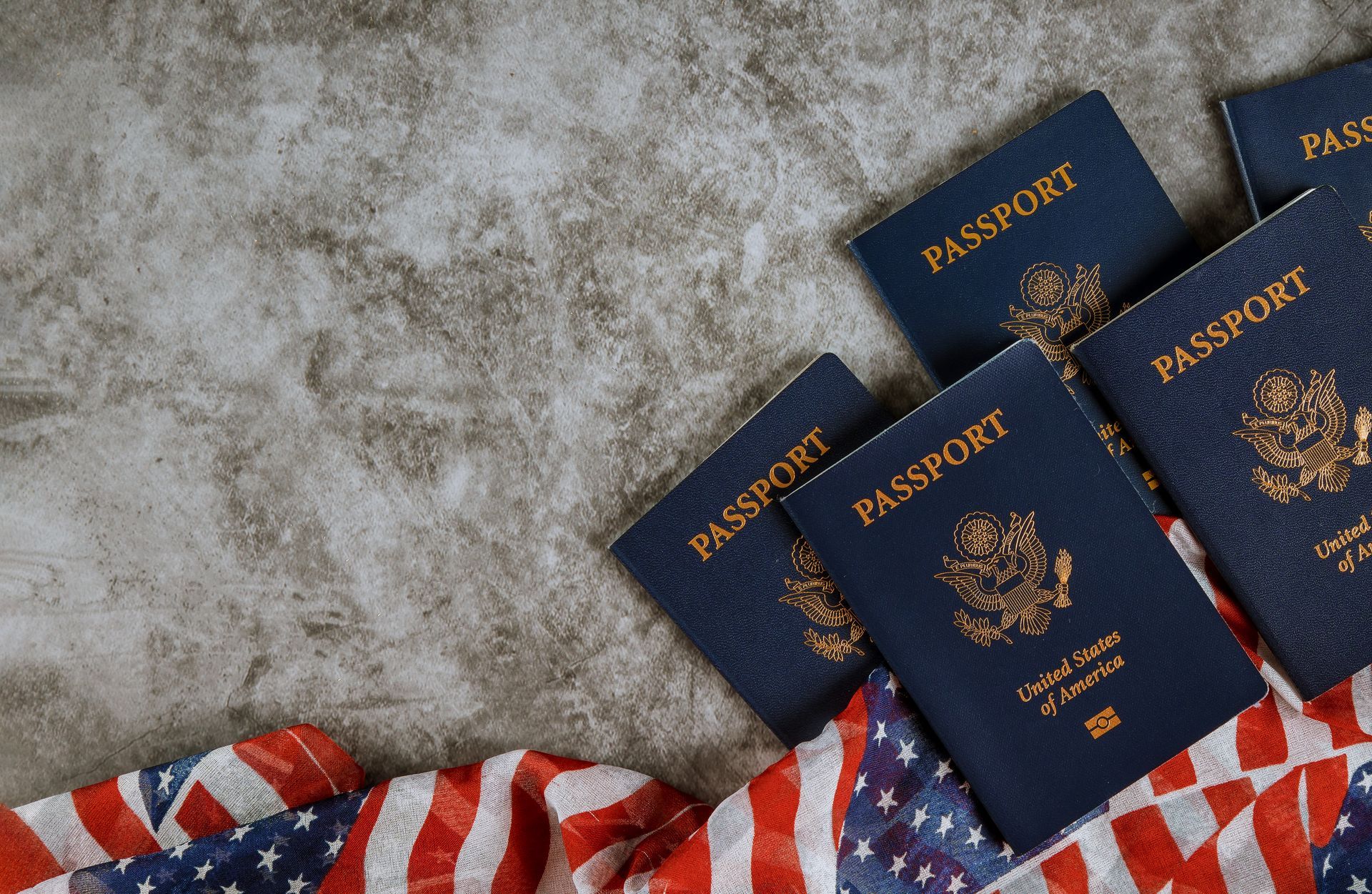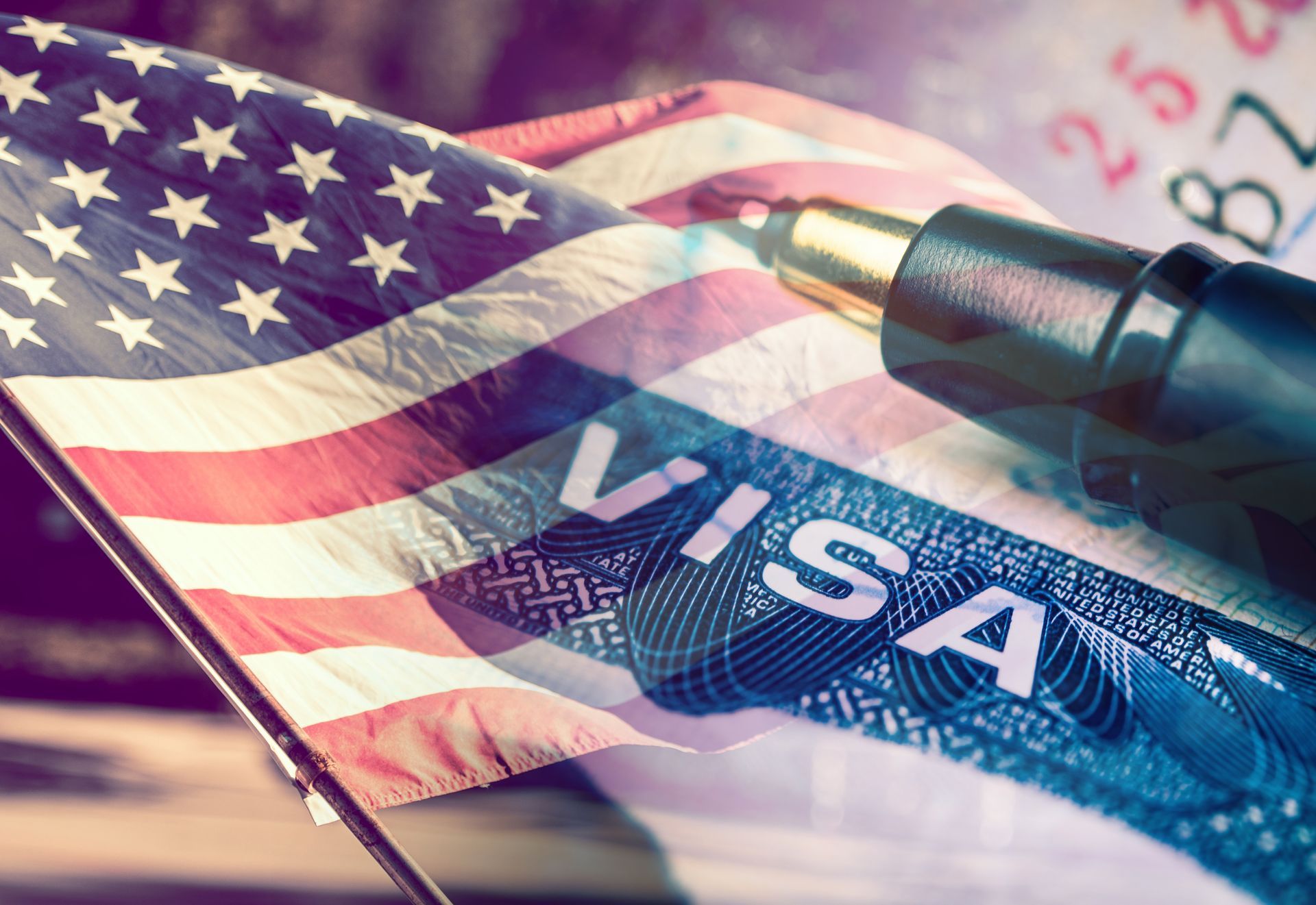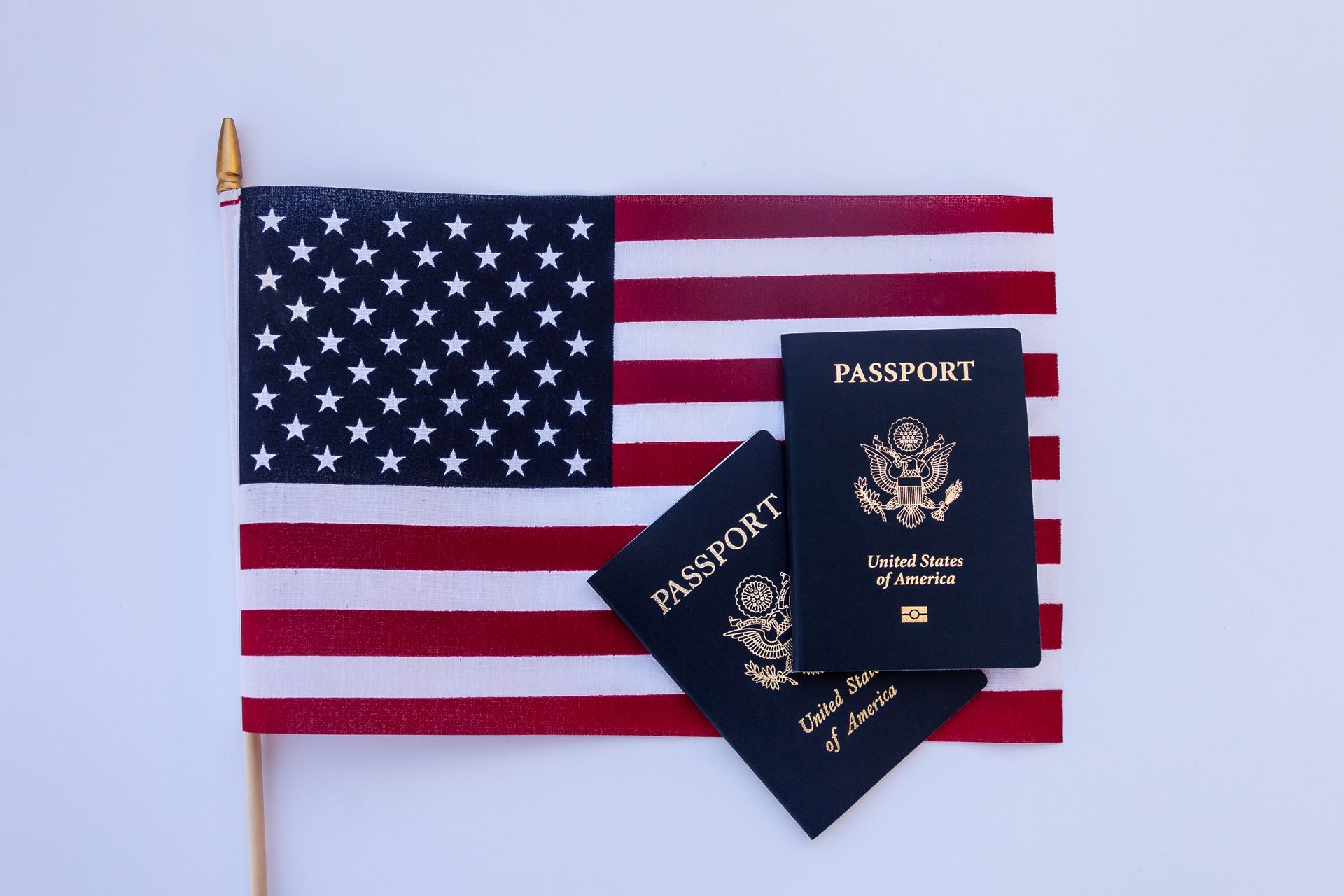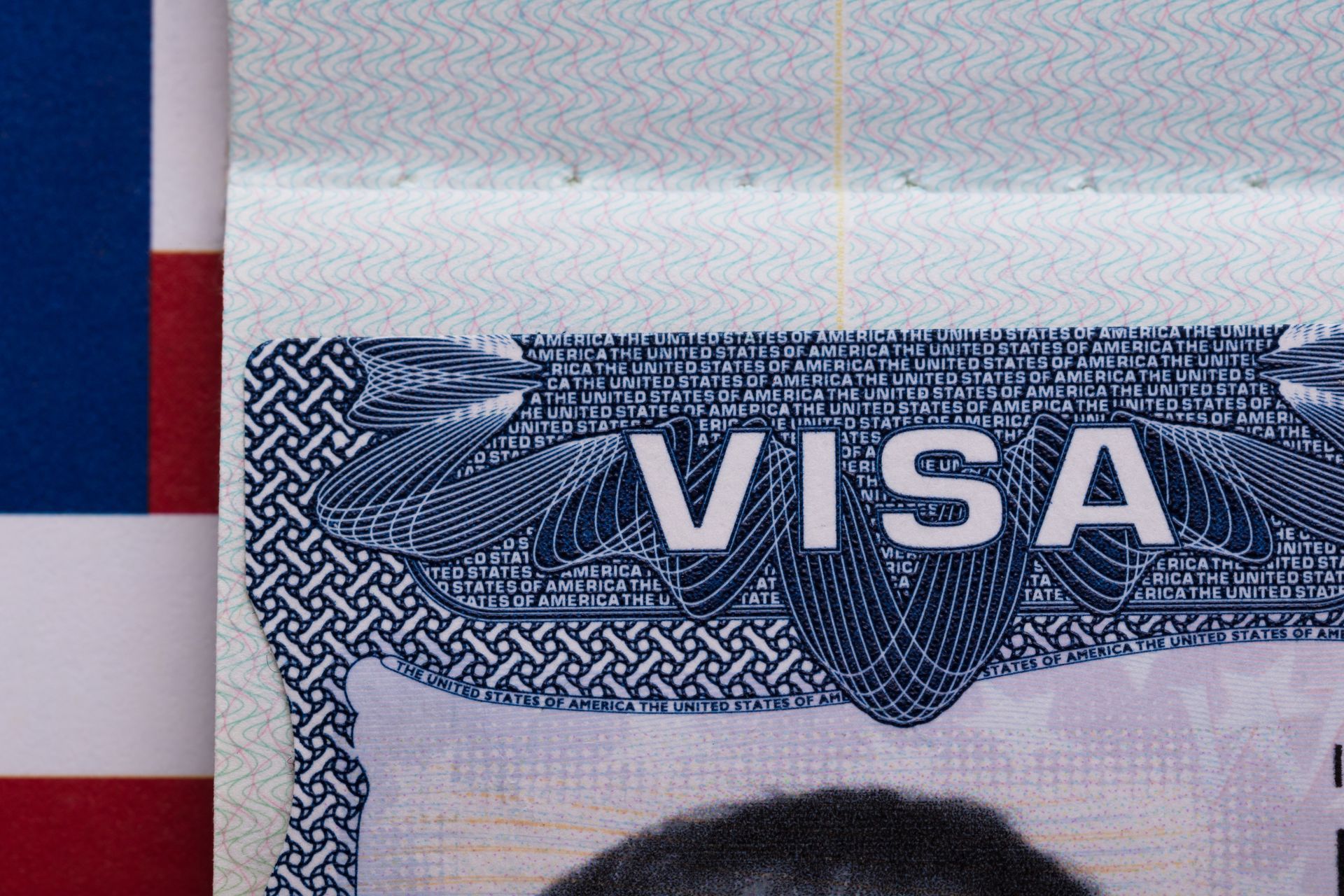New Memo Suspends Deportation of Venezuelan Nationals
On his last night in the Oval Office, former President Donald Trump signed an executive order protecting thousands of Venezuelan nationals from deportation for 18 months. The move is part of the Trump Administration’s response to the humanitarian crisis occurring in Venezuela under the autocratic government of Nicolas Maduro. Still, the order was issued less than 16 hours before Trump left office.
In the Memorandum on Deferred Enforced Departure for Certain Venezuelans, Trump writes:
“The deteriorative condition within Venezuela, which presents an ongoing national security threat to the safety and well-being of the American people, warrants the deferral of the removal of Venezuelan nationals who are present in the United States.”
Deferred Enforced Departure
Trump used the Deferred Enforced Departure (DED) program to protect Venezuelan nationals from deportation, which means the relief comes directly from the president instead of the Department of Homeland Security. DED is very similar to Temporary Protected Status (TPS) but does not require congressional approval.
Florida lawmakers have been advocating for TPS or another protective program for their Venezuelan communities for years, but the GOP-controlled Senate held up a previous bill granting TPS to Venezuelan nationals in 2019 – despite bipartisan support in the House and from Florida Senator Marco Rubio.
According to Politico:
“The move to use DED instead of TPS stems from a long-standing concern from some Republicans that TPS will eventually become a path to permanent residency in the United States.”
Estimates from the Congressional Budget Office suggest that DED will protect about 200,000 Venezuelan citizens from deportation – the same number of Venezuelans who would have been protected by TPS.
The executive order will also allow Venezuelan citizens to work in the United States.
A Last-Minute Decision
People close to Trump say White House advisers Ivanka Trump and Jared Kushner were involved in pushing the former president’s last-minute decision forward, and Senator Rubio has been involved in Trump’s Latin America policy for some time.
Donald Trump enjoyed support from Doral in the 2020 election, and Ivanka Trump and Jared Kushner will soon be moving to South Florida, which is home to the largest Venezuelan community in the United States.
Although Trump issued his executive order on the final night of his presidency, President Joe Biden previously pledged to grant Venezuelans temporary protected status.
Analysts told the Miami Herald they expect Biden to continue protections for Venezuelans and “broaden beyond a Venezuela-driven agenda in the region.”
This is good news for the more than 5 million Venezuelans (and South Americans) who have fled their homelands in search of jobs, medical care, and education.
Florida Republicans Carlos Giménez and Marco Rubio lauded Trump’s decision.
Giménez explains:
“Countless Venezuelans in my district came to our great nation in search of basic human rights and protections from oppression…For them to be returned to Venezuela would be to subject them to even more brutal treatment, condemning them to a life of persecution, stripped from their most basic freedom, and fearing for their life.”
And Rubio agrees:
“The Trump Administration has taken a significant and much-needed step to help Venezuelan nationals residing in the U.S.”
Help for Venezuelan Nationals
At Garcia, Miranda & Gonzalez-Rua, P.A., we are proud to serve South Florida and understand how impactful this executive order will be on our communities. We also understand that Venezuelans who reside in Hollywood, Miami, Orlando, and surrounding areas may need help taking advantage of their rights.
For assistance with immigration cases, please call us at 786-686-3090 or contact us online. Se habla Español.



